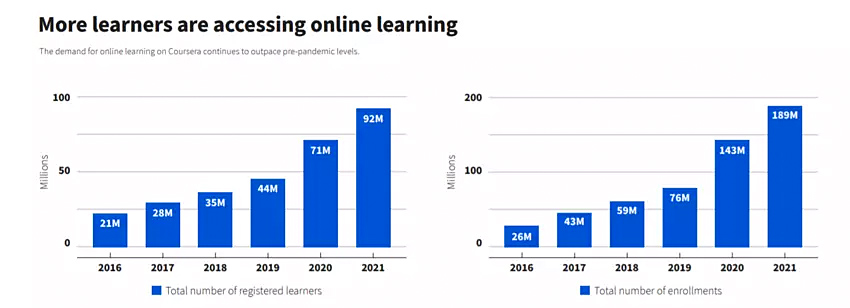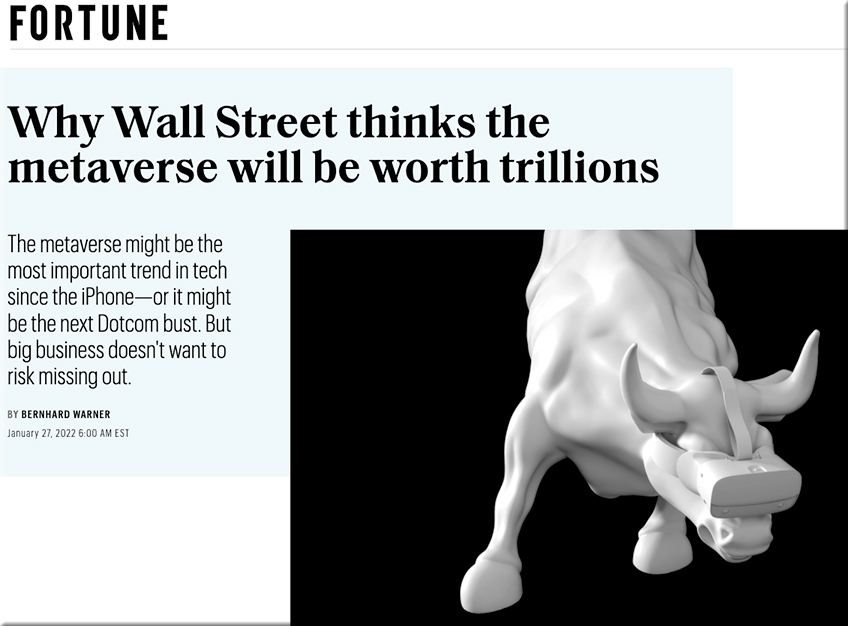The Cardboard Sculptures of Artist Warren King Are an Homage to His Chinese Heritage — from thisiscolossal.com by

Spectacular Sunset in Tierra del Fuego
?: fstewartphotography | IG
?Patagonia, #Argentina pic.twitter.com/YmlHDMGerp— Lewerta (@Lewerta5) May 31, 2022
Photos Of The Day For June 2022 — from outdoorphotographer.com

Photos of the day for May 2022— from outdoorphotographer.com

Artist Spotlight: Jarid del Deo — from booooooom.com

Addendums on 7/14/22:
Vivid Contours Conjure Hope and Resilience in Yulia Brodskaya’s Quilled Paper Compositions — from thisiscolossal.com
3D Relief Painting — from theawesomer.com












